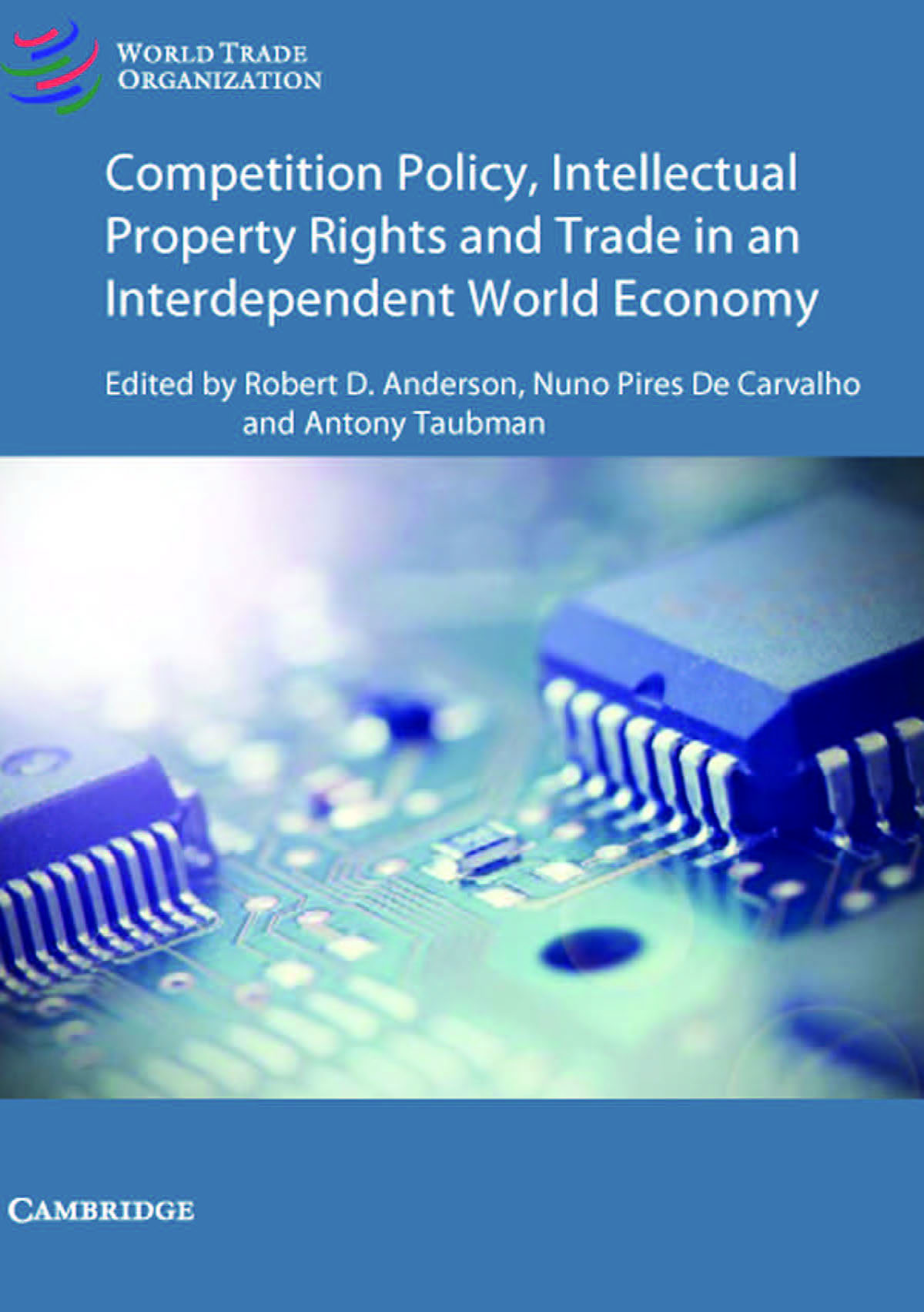With so much news taking place inside Taiwan recently, one could be forgiven for not paying as close of attention to the seismic shifts taking place around Taiwan. The purpose of this column is to inject an outside perspective into public discourse in Taiwan, though, so I will just briefly congratulate Taiwan’s Legislative Yuan for setting a new precedent in Asia for inclusiveness with its passage of same-sex marriage law, acknowledge the horse-racing underway between presidential hopefuls, and then focus on the steep deterioration in U.S.-China relations, and what it may mean for Taiwan.
We may look back on May 2019 as a watershed moment in the U.S.-China relationship. While it remains possible that both sides will find a way to reconcile their differences and achieve a trade deal that helps to stabilize relations, it also is possible that this moment could become a turning point when hopes for stabilization of relations were abandoned and replaced by mutual acceptance of a more confrontational relationship.
Hopes appear to be growing fainter in Washington and Beijing these days that a trade deal will be realized any time soon, and even if it is realized, that it will serve to suck venom out of the broader relationship. Instead, there appears to be growing consolidation in Beijing around the view that the trade negotiations were never just about specific trade irritants. Instead, the argument in Beijing goes, the underlying motive of Washington is to coerce China into abandoning a socio-economic model that delivered historic economic progress and that sustained the legitimacy of the Chinese Communist Party. According to this view, there is little point of compromising on specific issues, because it will not satisfy America’s ever-growing demands to change China.
In Washington, senior policymakers have dismissed the idea of achieving a good but not great trade deal with China. They have argued that there is little point in squeaking out incremental progress through negotiations, because Beijing can’t be trusted to keep its word. According to this view, President Trump is not just justified, but in fact obligated to hold the line for a transformational deal. And if a deal can’t be delivered, and American farmers, workers, and business owners suffer pain as a consequence of tariffs, then it will be justified by being in service of confronting the existential challenge that China poses to the future of the United States.
In other words, a sense of fatalism seems to be clouding judgments in both Beijing and Washington. These perceptions are driving both sides to devalue compromise and to gird for prolonged struggle with the other.
This isn’t the first time there has been a sharp dip in the U.S.-China relationship. We are, after all, on the cusp of the 30th anniversary of the Tiananmen massacre, an event that dealt a huge blow to China’s image, and one for which China was singularly responsible. There also was the Taiwan Strait crisis in 1995-96, the Belgrade bombing in 1999, and the EP-3 incident in 2001. Unlike those downturns, however, the present deterioration in relations is not event-driven. Rather, it appears more structural.
Structural factors accelerating the intensification of tensions include China’s determination to give greater expression to its ambitions, including through market-distorting policies designed to help China surpass the United States to become number one in many next-generation technologies. At a broader level, both countries increasingly seem to be viewing the other as an obstacle to the achievement of their national ambitions. This is why getting tough on China is at the heart of President Trump’s appeals to “make America great again.” Trump’s argument is that unless he gets the Chinese to change, then America will be challenged to sustain its strength and prosperity. At the same time, official Chinese media increasingly frames the United States as an anxious declining power seeking to subvert China from its return to its rightful historic place at the center of the world stage.
When both sides view the other in such menacing lights, there is little to be gained from compromise and careful management of relations. The pull of zero-sum thinking becomes hard to resist.
And in such circumstances, pressure on Taiwan will only grow. For example, how will Taiwan’s leading technology firms adapt to the effects of American efforts to squeeze Huawei? How will Taiwan companies with operations in China look out for their own interests as U.S.-China tariffs take hold? Will the Tsai administration seek to stay in step with hardening attitudes in Washington toward Beijing? If other presidential candidates choose not to match the Trump administration’s mood on China, would views of U.S.-Taiwan relations in either capital become more partisan? And if the United States and Taiwan take steps to strengthen relations and China takes out its frustrations on Taiwan, what expectations would Taipei have of Washington’s response?
In other words, if U.S.-China relations deteriorate further, the strategic picture for Taiwan is likely to grow more complex. This will place a premium on preserving a “no surprises” approach between Washington and Taipei for staying in lockstep with each other through this period of flux.








